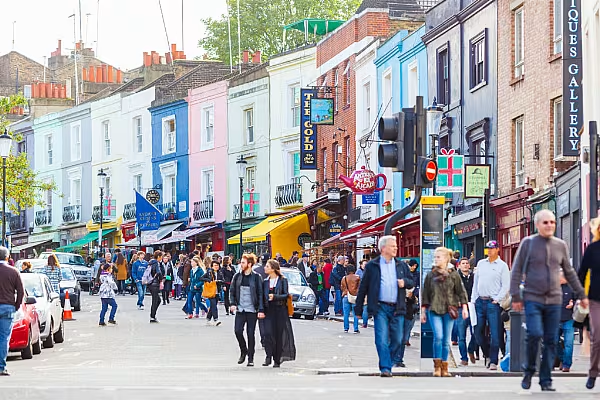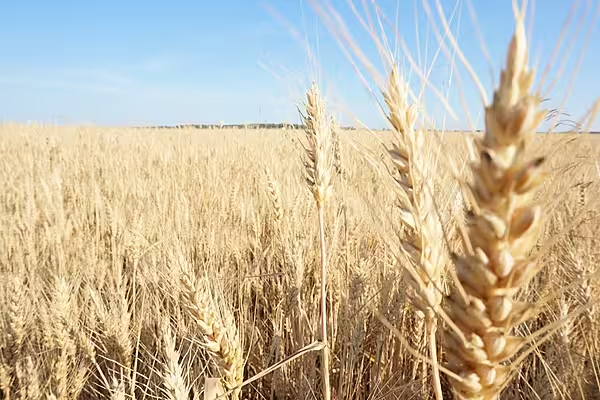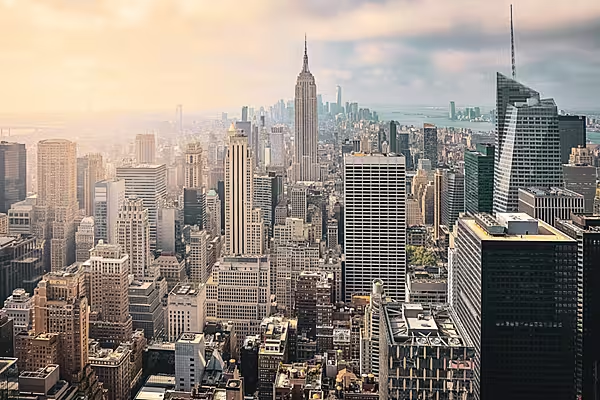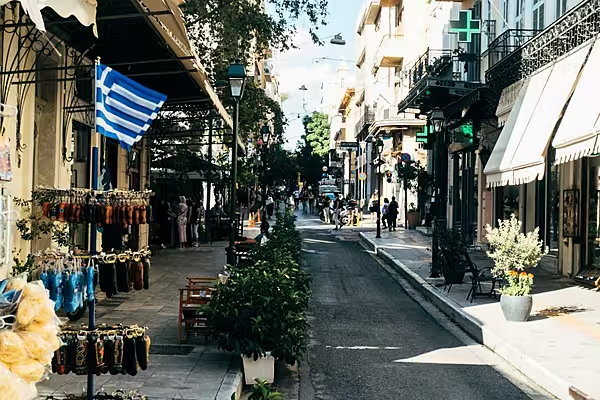Britain's annual rate of consumer price inflation (CPI) sped up for the first time in 10 months in December following an increase in tobacco duty, increasing to 4.0% from a more-than-two-year low of 3.9% recorded in November.
The figures bucked expectations among economists in a Reuters poll for a further decline in CPI to 3.8% and led to a jump in sterling as investors scaled back their expectations for a cut in interest rates by the Bank of England in May.
The BoE raised interest rates 14 times between December 2021 and August 2023, taking rates to a 15-year high of 5.25% after inflation surged to a 41-year high of 11.1% in late 2022 and proved slow to fall thereafter.
Inflation Falls
However, inflation began to fall faster than expected in the latter months of last year, leading many economists to predict that it would be back at the BoE's 2% target by April or May this year, around 18 months sooner than the BoE was predicting.
The rise in Britain's inflation rate followed increases seen in the euro zone and United States in December and – unlike earlier in 2024 – British inflation is no longer significantly higher than in other European countries.
Michael Saunders, a former BoE policymaker, told BBC radio that he did not think the latest data contradicted the broader underlying decline in inflation.
"The bigger picture is that inflation is falling more sharply overall than the Bank of England had expected a few months ago," he said.
"Their thoughts will be starting to turn towards interest rates possibly coming down later this year ... perhaps starting around the middle of the year," he said.
Upward Pressures
Britain's Office for National Statistics said December's increase in inflation was driven by a rise in tobacco duty that took effect in late November.
However, there were broader upward pressures too from clothing, air fares and entertainment prices. These were only partially offset by a drop in the annual rate of inflation for food and non-alcoholic drinks to 8.0% from 9.2%, its lowest since April 2022.
Core inflation – which excludes volatile food, energy, alcohol and tobacco prices – was unchanged 5.1% in December, in contrast to economists' expectations for a drop to 4.9%, and the first month since July that it has not fallen.
Services inflation increased to 6.4% in December from 6.3% in November, while inflation for goods dropped to its lowest since April 2021 at 1.9%.
The BoE looks at both core CPI and services inflation as its favoured guides to underlying price pressures in the economy.
Price Pressures
Separate inflation data from British factories showed price pressures cooled more than expected, with input costs falling 2.8% in annual terms – the biggest such drop since July.
Figures on Tuesday showed average weekly earnings excluding bonuses rose by an annual 6.6% in the three months to the end of November – the slowest increase in nearly a year but roughly double the pace the BoE views as consistent with getting inflation back sustainably to 2%.
While wages are now growing faster than inflation, overall living standards have stagnated in recent years, weighing on the public mood ahead of a national election which prime minister Rishi Sunak is likely to call in the second half of 2024.
Finance minister Jeremy Hunt said after the data that inflation did not fall in a straight line.
"We took difficult decisions to control borrowing and are now turning a corner," he said.
Rachel Reeves, the opposition Labour Party's would-be finance minister, said many families had become financially worse off during the past 14 years of Conservative-led government.













